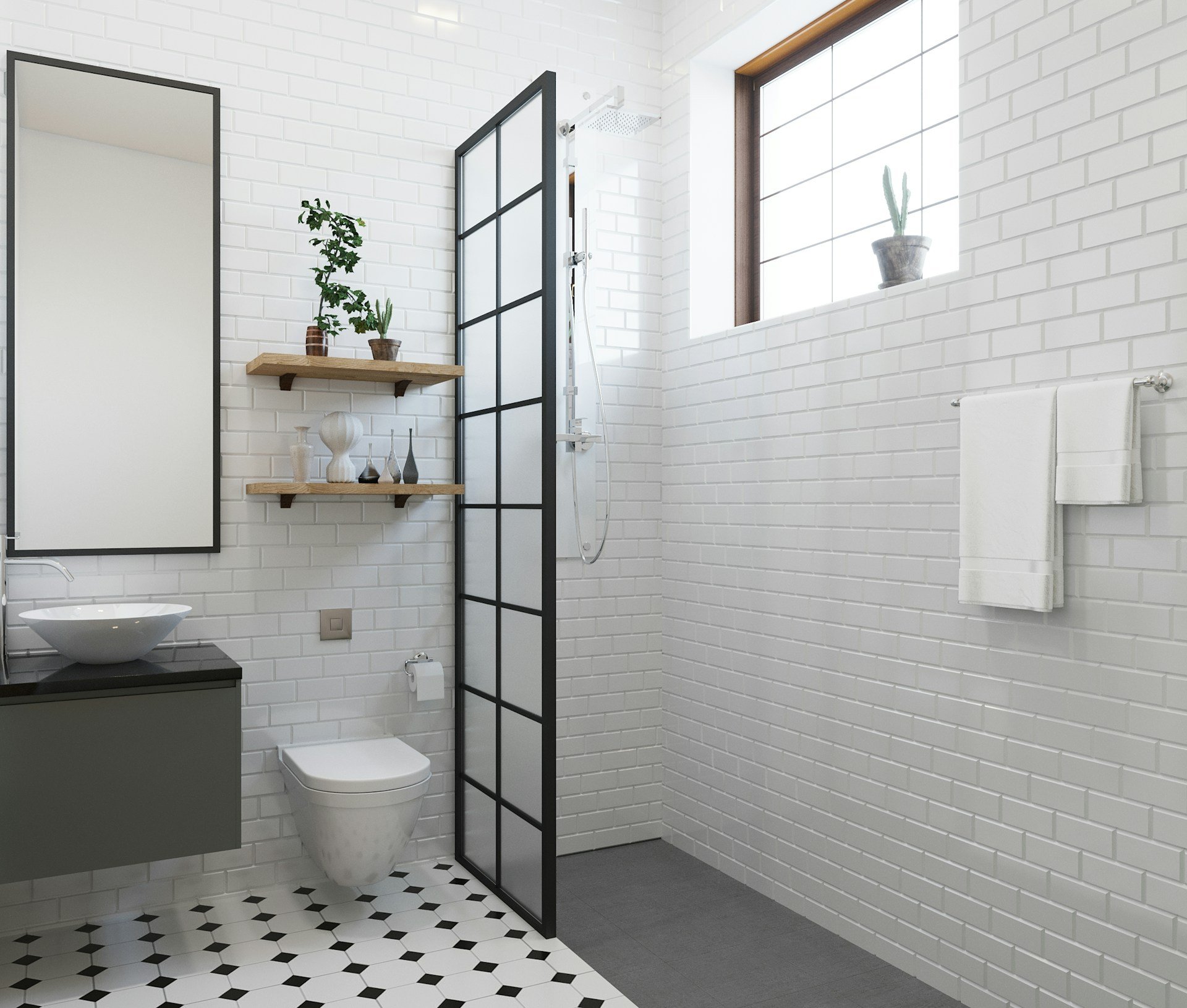First-Time Home Buyers: Tips on How to Handle Bathroom Plumbing
First-Time Home Buyers: Tips on How to Handle Bathroom Plumbing
Blog Article
Just about every person will have their own individual rationale in relation to Plumbing Tips for New Homeowners.

For brand-new property owners, understanding and keeping restroom pipes can conserve both time and money by stopping expensive problems down the line. Here are some crucial bathroom plumbing suggestions to aid you maintain everything running smoothly.
Plan For Winter
Shield your pipelines from cold throughout winter by shielding pipes in unheated locations like cellars, attic rooms, and garages. During severe cool, let cold water drip from faucets served by subjected pipes to aid prevent cold.
Arrange Routine Maintenance
Take into consideration organizing yearly assessments with an accredited plumbing technician. They can identify issues that you might miss out on, such as hidden leakages or damage on pipelines and fixtures. Regular upkeep assists expand the life of your pipes system and can prevent emergencies.
Acquaint Yourself with the Main Shut-Off Valve
Understanding where the main water shut-off valve lies in your home is crucial. This permits you to rapidly switch off the water supply in case of significant leaks or during plumbing emergency situations, protecting against extensive water damages.
Regularly Examine for Leaks
Tiny leaks can lead to large problems. Frequently check under sinks, around commodes, and near plumbing components for any kind of indicators of leaks. Search for dampness, little drips, or rust. Capturing and fixing leaks early can stop much more major damages and save water.
Preserve Your Water Heater
Ensure your water heater is set to an ideal temperature level (normally around 120 levels Fahrenheit) to prevent hot and lower power usage. Flush the tank annually to get rid of debris buildup, which can lower the effectiveness and life-span of your heating system.
Upgrade Your Components
If your home has older components, consider updating to more efficient versions. Modern bathrooms, showerheads, and faucets are created to utilize less water while offering great pressure, which can substantially lower your water expense and environmental footprint.
Beware with Do It Yourself Pipes Repairs
While it's alluring to take care of all home repair services on your own, beware with plumbing. Some concerns could need expert experience, particularly if they involve major water lines or sewage system repairs. Working with an expert can in some cases be a lot more economical than DIY, specifically if it prevents additional damage.
Don't Overlook Slow Drains Pipes
If your sink or bathtub is draining pipes gradually, it's commonly a sign of a blockage developing. Resolving this early can avoid a complete clog. Use a bettor or a plumbing technician's snake to remove debris. Prevent making use of chemical drainpipe cleaners as they can harm your pipes in time.
Know What Not to Flush
Toilets are not garbage disposals. Stay clear of purging anything besides toilet tissue and human waste. Products like wipes, womanly hygiene items, and cotton bud need to be gotten rid of in the trash to stop clogs and sewage system backups.
Install Strainers in Drains
Area filters in your sink and tub drains pipes to capture hair and other debris prior to they enter your pipes system. Cleaning the filters regularly will assist stop build-up and keep water streaming freely.
Conclusion
Understanding and preserving your home's shower room plumbing can prevent several common problems. By following these important tips, you can guarantee your washroom stays practical and efficient, conserving you money and time in the long run.
Essential Plumbing Tips for Homeowners: Keep Your Pipes Flowing Smoothly
As a homeowner, understanding the basics of your plumbing system can save you time, money, and a lot of headaches. Plumbing issues can range from minor annoyances like dripping faucets to major problems like burst pipes that cause significant damage. This guide provides essential tips to help you maintain your plumbing system and tackle common issues.
Understanding Your Plumbing System
Supply System: Brings fresh water into your home from a municipal source or a well. Drain-Waste-Vent System: Removes wastewater and vents sewer gases outside. Fixtures and Appliances: Includes sinks, toilets, showers, dishwashers, and washing machines. Basic Maintenance Tips
Regular Inspections: Periodically check for leaks, corrosion, and other signs of wear and tear. Look under sinks, around toilets, and near water heaters. Know Your Main Shut-Off Valve: In case of a major leak, you’ll need to shut off the water quickly. Ensure everyone in your household knows where the main shut-off valve is located. Prevent Frozen Pipes: In cold climates, insulate exposed pipes and let faucets drip during extreme cold to prevent freezing. Use Strainers: Install strainers in sinks and tubs to catch hair, food particles, and other debris that can cause clogs. Common Plumbing Issues and Solutions
Clogged Drains:
Prevention: Avoid pouring grease down the drain and use drain screens to catch debris. DIY Fix: Use a plunger or a plumbing snake to clear minor clogs. For stubborn clogs, a mixture of baking soda and vinegar can sometimes help. Leaky Faucets:
Prevention: Replace washers and seals regularly. DIY Fix: Turn off the water supply, disassemble the faucet, and replace worn parts.

Visit Our Website Report this page